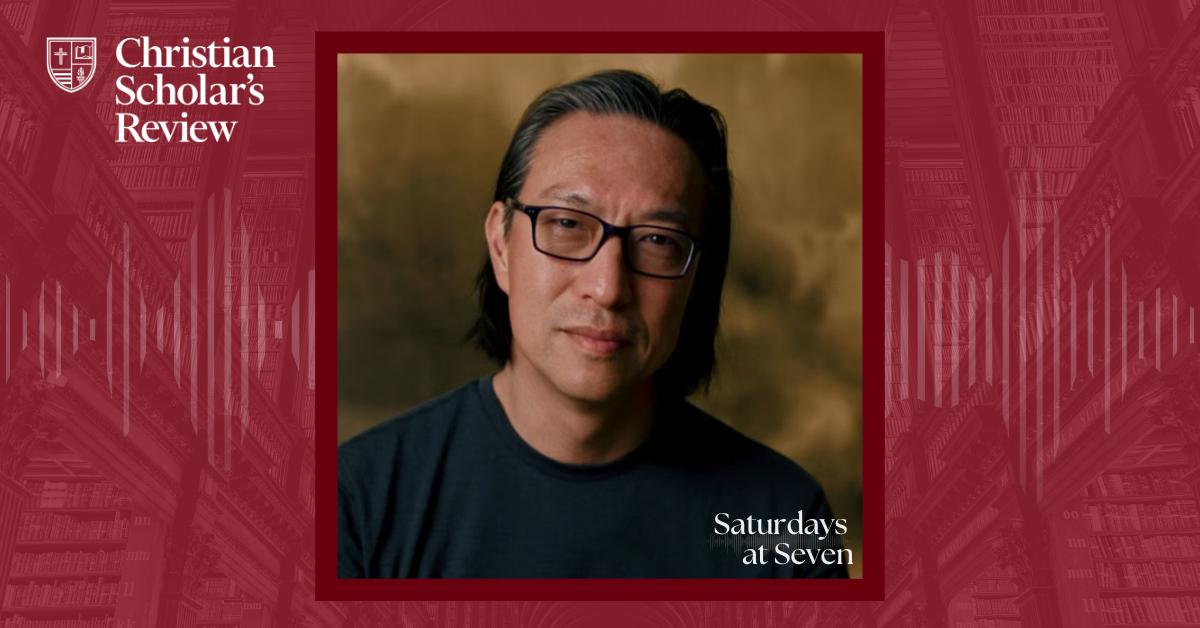
In the forty-first episode of the “Saturdays at Seven” conversation series, Todd Ream talks with Shirley Mullen, President Emerita of Houghton University. Mullen begins by talking about her understanding of the liberal arts, the long history they share in the Christian intellectual tradition, and critical role they play in Christian higher education. While acknowledging the challenges the liberal arts presently face, Mullen also contends that the gifts they offer are often deferred and, in turn, demand faculty members and administrators become more articulate about the long-term benefits of such a form of education. Ream then asks Mullen about her own experiences with the liberal arts, the education she received as a philosopher and historian, and the impact those experiences had on her service as a provost and as a president. While a president, Mullen also notes those experiences compelled her to think through the ways the Christian intellectual tradition can become captivated by socio-political forces on the right and the left, leading her to write Claiming the Courageous Middle. Ream and Mullen then close their conversation with a discussion of Mullen’s understanding of the academic vocation and how the Church and the university can work together to foster the virtues needed to cultivate, sustain, and advance such a calling.
















